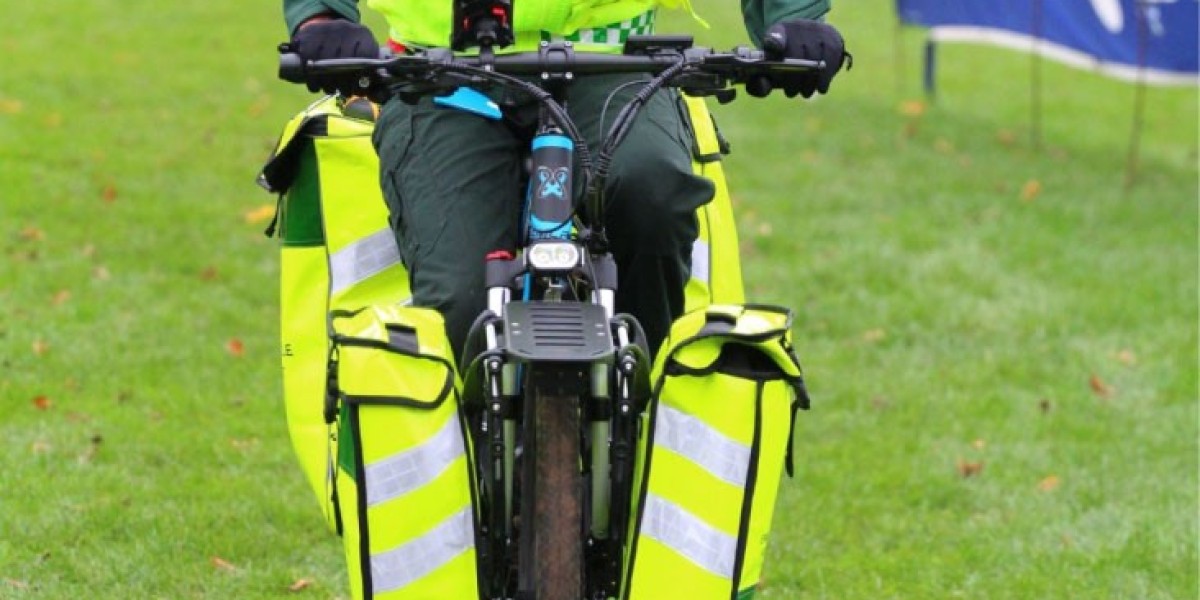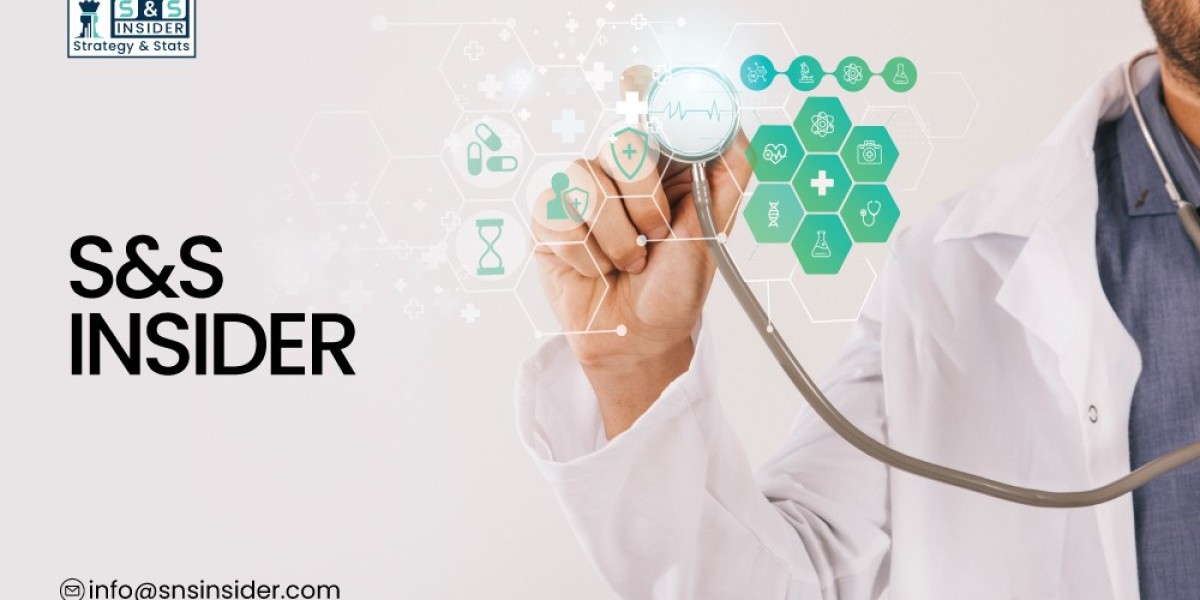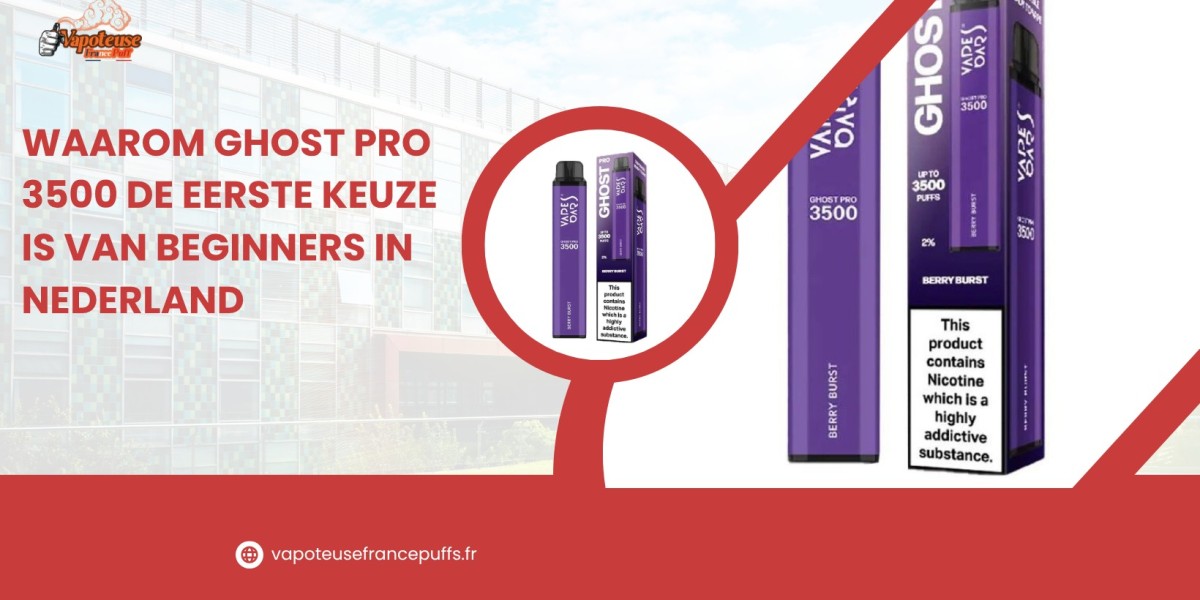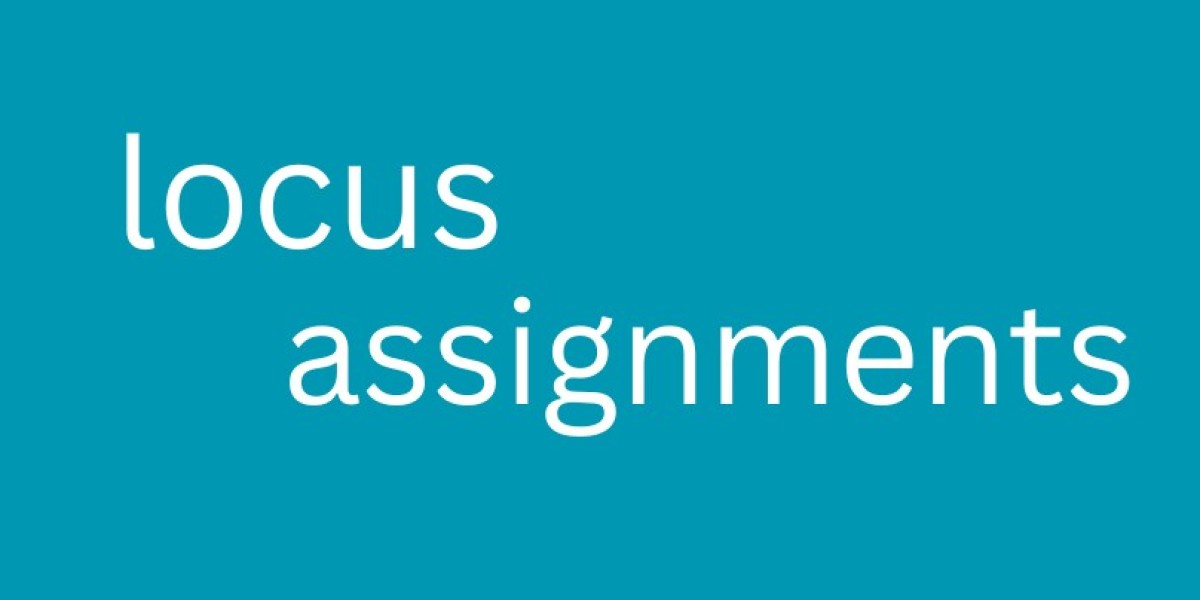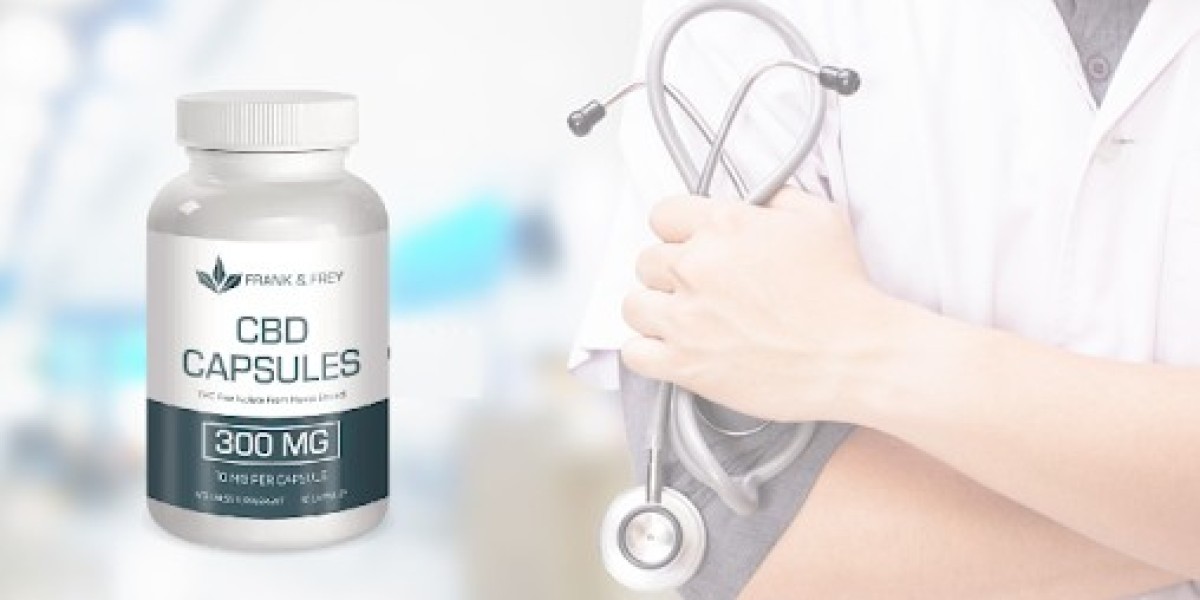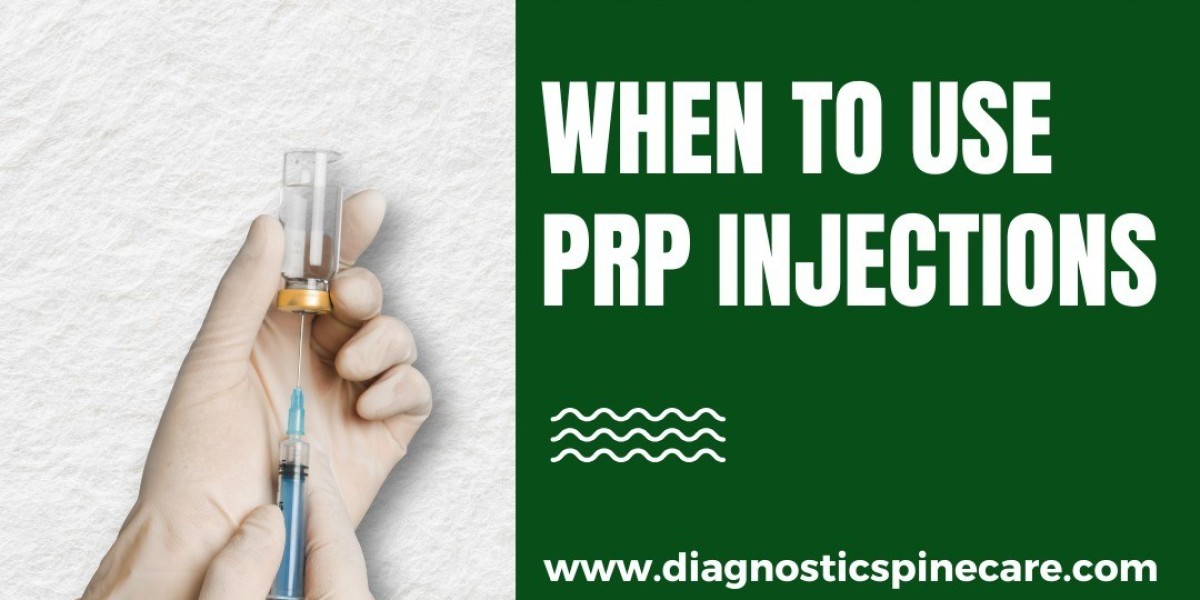In high-stakes public gatherings, chaos can break out in seconds. Whether it’s a music concert, a sports match, or a political rally, large crowds often carry the risk of emotional distress, panic attacks, and even trauma. While physical injuries are the most obvious concern, mental health crises are just as critical and often overlooked. This is where the role of event medical service becomes invaluable — particularly in delivering psychological first aid (PFA) when panic strikes.
What Is Psychological First Aid at Events?
Unlike a standard first aid response, psychological first aid focuses on calming individuals who are overwhelmed, disoriented, or distressed. Trained professionals can recognize early signs of anxiety, panic attacks, or trauma-related behavior and provide immediate care to stabilize the situation. This can involve simple but powerful actions: active listening, creating a safe space, offering emotional support, and referring individuals to additional care when needed. These are not clinical interventions but are incredibly effective when delivered at the right moment — and by the right people.
Growing Role of Event Medical Services in the UK
In the UK, there is growing recognition of the importance of integrating psychological first aid into event medical services UK. From Glastonbury to the London Marathon, large-scale events across the country have begun to adopt mental health protocols as part of their overall event medical cover. Teams now often include professionals with basic training in mental health first aid, enabling them to de-escalate panic situations without needing a full psychiatric response. This approach is especially vital in crowded environments where fear and confusion can spread rapidly, leading to mass panic or stampedes.
How Event Medical Services in London Are Adapting
Consider, for example, a live concert in central London where a minor electrical fault causes loud noise and momentary darkness. While the technical issue is resolved quickly, some individuals in the audience may experience panic, hyperventilation, or dissociation. In these moments, trained event medical services London personnel can step in to provide calm, reassuring presence, guide affected individuals to safe zones, and assist in breathing exercises or reorientation. These seemingly small actions can prevent larger crises and ensure the event continues without escalation.
Beyond Proximity: What “Event Medical Services Near Me” Should Really Offer
The concept of “event medical services near me” is no longer just about finding the closest ambulance or first aid point. People increasingly expect event organizers to offer comprehensive, on-site medical support that includes both physical and mental care. As attendees become more aware of their rights and needs, especially regarding mental health, event safety protocols must evolve accordingly. Today’s audience isn’t only asking, “What if I get hurt?” but also, “What if I have a panic attack?” or “What if I feel unsafe or emotionally overwhelmed?”
Public Expectations and Post-Pandemic Realities
The demand for better mental health support at events is also being fueled by changing social attitudes. Post-pandemic awareness of psychological well-being, increased social anxiety, and a global conversation around mental health have all contributed to reshaping event safety planning. UK providers of event medical services are responding with advanced training programs, partnerships with mental health organizations, and deployment of specialized staff capable of handling both physical emergencies and emotional crises.
Mental Health Support: A New Standard in Event Medical Cover
Interestingly, event medical cover for mental health support is also becoming a key differentiator in the events industry. Organizers who invest in holistic safety solutions not only meet regulatory standards but also build trust with their audience. Whether it’s a youth music festival or a religious procession, attendees now consider mental well-being as part of the overall experience. Knowing that trained professionals are available not just for broken bones, but also for emotional support, brings a level of comfort and security that is invaluable.
Integrated Solutions in Urban Settings
In urban settings like London, the challenge is even more complex. Crowded transport systems, heightened public anxiety, and fast-moving environments demand a highly coordinated response. That’s why many event medical services in London are now offering fully integrated solutions. These include on-site mental health responders, silent rest areas, and access to confidential support lines during and after the event. This level of care ensures that psychological support is not just reactive, but preventive.
Building Partnerships for Long-Term Mental Health Readiness
The success of such models is evident in the growing number of partnerships between UK event medical services and mental health organizations. Initiatives such as on-site trauma-informed care, mobile mental health clinics, and staff well-being training are becoming more common. It’s no longer just about patching wounds — it’s about creating a system where individuals feel safe, supported, and understood in moments of psychological vulnerability.
Tailoring Support Based on Event Needs
Of course, not every event requires the same level of mental health infrastructure. Smaller events may not need a clinical team, but they can still benefit from staff trained in basic psychological first aid. Even the presence of informed volunteers can make a significant difference. The key is customization — matching the mental health resources to the specific risk profile and scale of the event. Whether you’re searching for “event medical services near me” for a local fair or coordinating national-level event support, this adaptability is crucial.
Conclusion: A Safer Crowd Starts with Mental Preparedness
In conclusion, the role of event medical services is no longer limited to physical injuries. As panic, anxiety, and emotional distress become more visible at public events, psychological first aid is emerging as a vital part of emergency response. From event medical services in London to rural festivals across the UK, the focus on mental well-being is reshaping the way we think about event safety. Organizers who take proactive steps to include mental health support in their event medical cover not only meet evolving standards — they create safer, more humane experiences for everyone involved.
